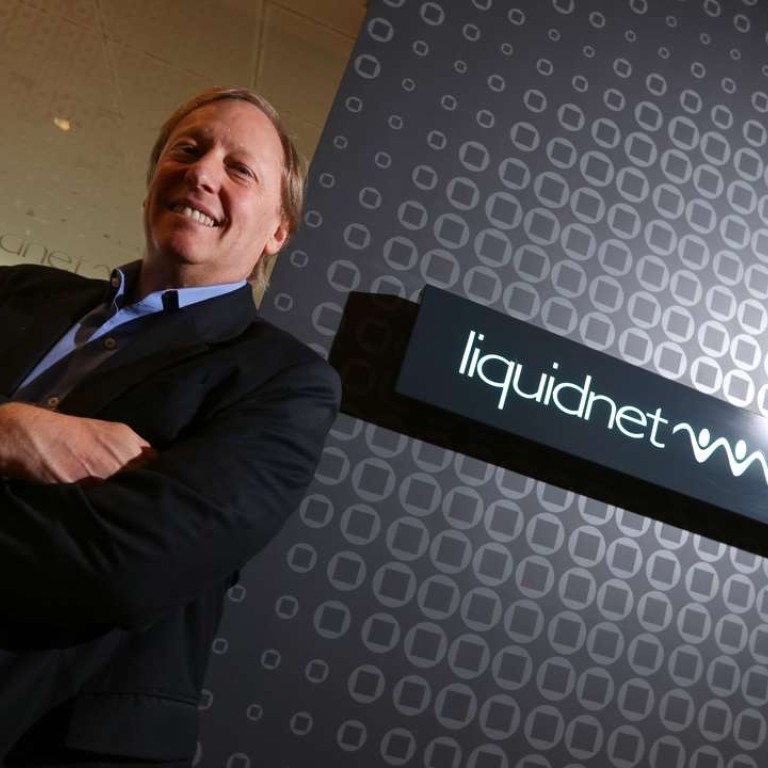
Update | Dark pool operator Liquidnet gains from EU’s ban on free research for trade executions
Independent dark pool operators such as Liquidnet have benefitted from a European regulation requiring buy-side fund managers to stop receiving free research reports in exchange for trade executions with particular brokers, said the operator’s chief executive Seth Merrin.
Liquidnet, the largest dark pool operator in Asia Pacific, reported a record US$8.99 billion of principal traded in the second quarter, up 27 per cent from last year.
Dark pool operators use electronic systems to match block trades, with no need for customers to disclose their identities, giving them the anonymity that helps institutional investors hide their investment strategy.
New York-based Liquidnet was set up by Merrin in 2001. It has expanded into 12 Asian cities since 2007 with Hong Kong as its regional headquarter. Globally, it trades for 830 asset management companies in 44 markets worldwide. It is the largest dark pool operator in Asia.
Merrin said the company has seen more fund managers execute trades via its platform in the third quarter, partly due to the regulatory change announced in April by the European Commission.
The regulation, called the level 2 of Markets in Financial Instruments Directive (MiFID II), requires global asset management firms -- including those based in the Asia Pacific but with European exposure -- to unbundle their research reports and execution fees from January 2018.
Under the rule, buy-side managers could not get free research reports from brokers or investment banks if they are executing trades through these firms.
“Buy-side funds will need to pay for research reports so as to show that they don’t accept the research in exchange for trade execution,” Merrin said in Hong Kong. “Alternatively, they could appoint an independent firm to execute their trade for them.”
Although the law takes effect in January 2018, Liquidnet has seen many new clients to prepare for the rule change, and hence add in its turnover.
“Liquidnet has not done any research report,” Merrin said. “We are not part of a bank or broker so we are independent. We focus on execute trade for asset managers only. This is ideal for the buy side fund managers to meet with the new regulation.”
Many of Hong Kong’s funds are offshoots of global companies, so they are likely to be affected by the rule, said Hong Kong Investment Funds Association chief executive Sally Wong.
Merrin said the uncertainties in the global stock markets, including the British vote to leave the EU in June has compelled many fund managers to diversify their assets to different regions, which has led to more trading orders.
This trend will continue as the US presidential election in November and the US Fed’s interest rate decision in December will continue to bring uncertainties to the market.
The Securities & Futures Commission since last December has tightened rules on the dozen of dark pool operators in Hong Kong, including banning them from serving any retail investors.
“The SFC regulation has not affected Liquidnet. We have no retail customers and we always only serve asset management companies and institutional investors,” Merrin said.
This article has been amended to correct a spelling error in paragraph four.

